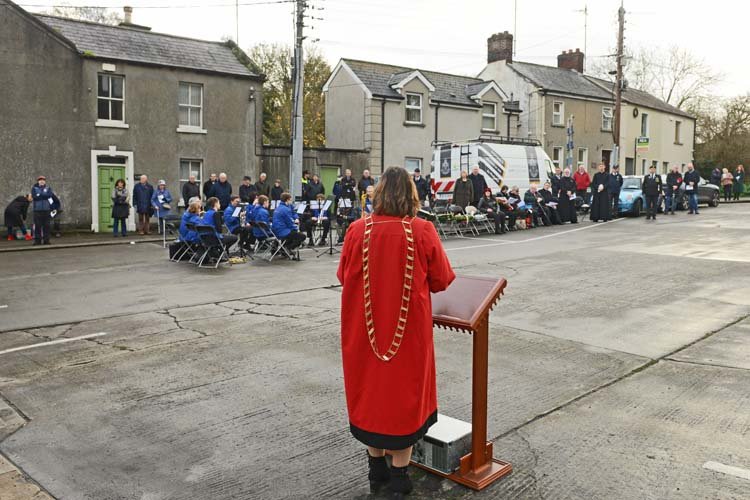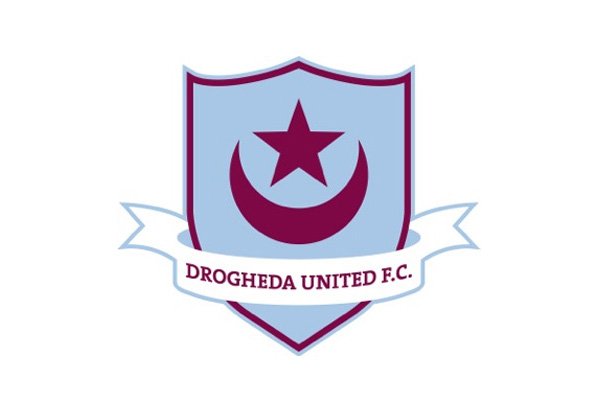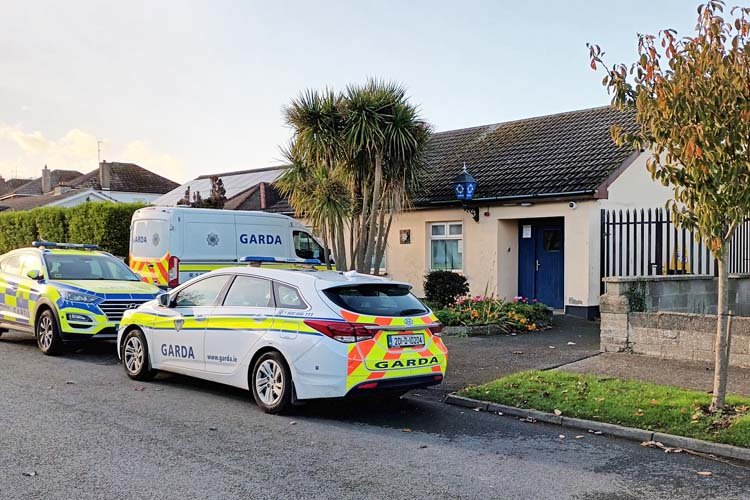By Andy Spearman
The attendance at the service of remembrance for Drogheda men and women who lost their lives in various wars dwindles with each passing year.
This is partly due to the age profile of the participants but also to the very small numbers of younger people in attendance.
Or it could be that the event concentrates mainly on the memory of the victims, and survivors, of the two World Wars which are seen by many as “British” wars. In this year of centenaries for our country perhaps it is time to widen our focus to include events such as this.
War is what happens when politics breaks down, when men, and it is always men, with big guns but little imaginations refuse to, or are unable, to negotiate.
The declining relevance of the various churches could also be a factor in keeping people from attending. As a non-Christian I find the prayer element of the war memorial ceremony irrelevant, almost insulting, to the soldiers who perished.
Even a century later the barbarism of the First World War which saw millions of young men from both sides die in the most horrific ways imaginable, deserves more than a few token prayers, a march past of old soldiers, the laying of wreaths followed by a cup of tea in the local hotel.
Perhaps a mini local peace conference between representatives of all of the different nationalities and religions now living in Drogheda might be a more appropriate way to remember the mistakes of the past.

If there was any sense that world leaders have actually learned the lessons of war then perhaps it would be okay but, with wars or civil conflict currently ongoing in 27 countries around the world and millions of people suffering as a result, the outlook is pretty bleak.
As the prayers droned on at Saturday’s ceremony my mind wandered back to 1994 when, in the space of 100 days, almost a million people in Rwanda, mostly of the of the Tutsi minority ethnic group, were hacked to death with machetes or burnt alive in their churches as they prayed.
I found myself remembering people I have met whose lives have been blighted by war. Families in Ethiopia and South Sudan who had been displaced from their homes by civil war and left to fend for themselves as best they could in the countryside. I shall remember their terrified faces forever. All they ever wanted, like all of us, was to be left alone to raise their children in peace.

Next thing I recalled the shocking TV images of the carnage in Bosnia and Kosovo, the ongoing tragedy in Afghanistan and, and, and… And then I jolted back to the business in hand.
“We must never be complacent about war and preventing it” Mayor Michelle Hall was saying. “And we are now acutely aware of this as our town welcomes refugees from the Ukraine.
“Only yesterday, I was on a walking history tour in Drogheda with the school I teach in. Tom Reilly was explaining to our 5th and 6th class students about Cromwell breaching the town. One of my students is here escaping such a situation, where Russian soldiers breached his town with their missiles, tanks and guns.

“At the end of last year, more than 450 million children – or one in six – were living in a conflict zone, the highest number in 20 years. Two million Ukrainian children were displaced but globally a record 36,5 million children were displaced from their homes as a result of conflict, violence and other crises.
“So today we remember those soldiers who fought across Europe in the Early 20th Century, their families who had to cope with the effects of war and to all our children across the globe who are subjected to the trauma war causes.”
Bridie Maxwell, a beautiful person of peace and a regular at the Drogheda remembrance ceremony, then read one of her poems which is entitled “The Evils of War. It is eight verses long but the final verse (below) perhaps captures best the sense of what everyone present was thinking:

Promising to remember our heroes of war
North and South
And all those other countries
Who fell foul
to evil strains of war
As here we promise to remember them
For ever and ever.
I would suggest that every child over say 14 years of age would benefit from watching the new version of the anti-war film “All Quiet on the Western Front” – here’s a trailer:





